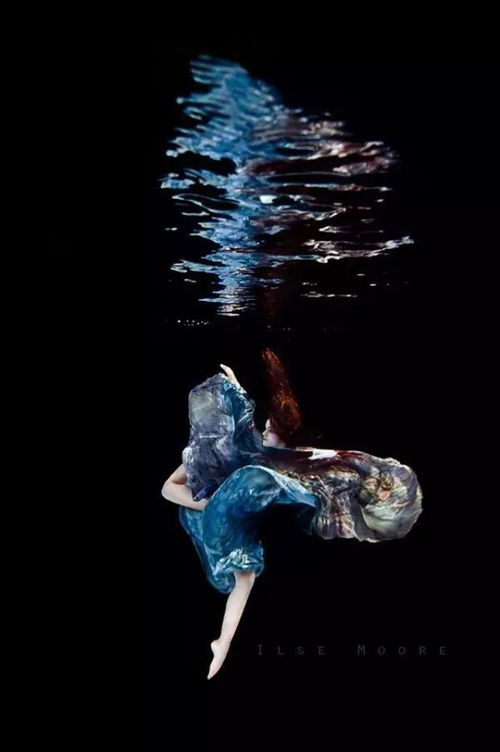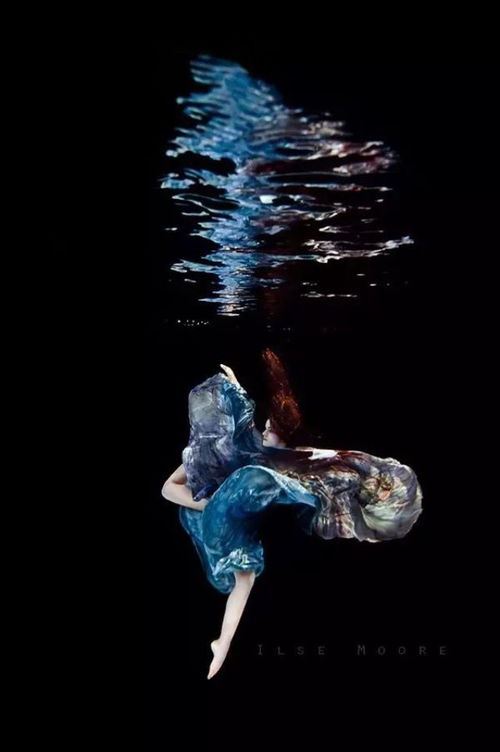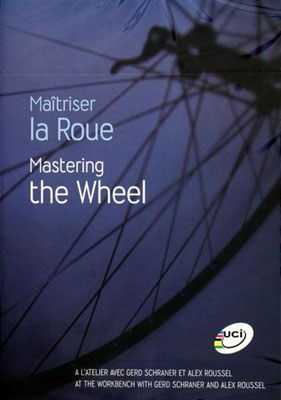Content:
Introduction: Fishing is an ancient and cherished activity that offers relaxation, tranquility, and the thrill of catching fish. Whether you are a seasoned angler or a beginner looking to get started, mastering the art of fishing requires patience, practice, and the right techniques. In this comprehensive guide, we will explore how you can acquire the essential skills and knowledge to become a proficient fisherman.
Choosing the Right Equipment: The first step in learning fishing techniques is to select the appropriate equipment. Here are some essential items you will need:
a. Rod and Reel: The rod and reel combination is the backbone of your fishing setup. Choose a rod that suits your preferred fishing style and the type of fish you want to catch. The reel should match the rod and be suitable for the type of fishing you plan to do.
b. Line: The line is the medium through which you will present your bait or lure to the fish. There are various types of fishing lines available, such as monofilament, fluorocarbon, and braided lines. Each has its own advantages and disadvantages, so it's important to understand the characteristics of each before making a choice.
c. Hooks: Hooks come in various sizes and shapes, and selecting the right hook is crucial for successful fishing. Consider the size and type of bait you will be using, as well as the size of the fish you want to catch.
d. Lures and Bait: Lures and bait are used to attract fish. There are numerous options available, including artificial lures, live bait, and artificial baits. Experiment with different types to see what works best in your fishing environment.

Understanding the Basics: Before diving into advanced techniques, it's essential to grasp the basics of fishing. Here are some fundamental concepts to familiarize yourself with:
a. Casting: Casting is the process of throwing your lure or bait into the water. Learn proper casting techniques to ensure accuracy and distance. Practice different casting styles, such as roll cast, overhead cast, and sidearm cast, to adapt to various fishing situations.
b. Trolling: Trolling involves slowly retrieving a lure or bait behind a moving boat. This technique is effective for targeting fish that are swimming in the open water. Learn how to control the speed and depth of your lure to attract fish.
c. Bait Presentation: The way you present your bait or lure can significantly impact your success. Experiment with different retrieves, such as the dead-drift, the twitch, and the lift-and-drop, to see which technique works best in your fishing environment.
Reading the Water: Understanding the water you are fishing in is crucial for successful fishing. Here are some tips to help you read the water:
a. Observe the Water Surface: Look for disturbances on the water's surface, such as ripples, boils, or splashes. These may indicate the presence of fish.
b. Scan the Bottom: The bottom of the water body can provide valuable information about fish-holding areas. Look for rocks, logs, and other structures that may attract fish.
c. Pay Attention to Vegetation: Aquatic plants and vegetation can serve as habitats for fish. Locate areas with dense vegetation, as they may be hotspots for fish.
Patience and Practice: Fishing is a patient sport, and mastering the art of fishing requires practice. Here are some tips to help you improve your skills:
a. Spend Time on the Water: The more time you spend fishing, the more experience you will gain. Practice different techniques and observe how fish respond to various presentations.
b. Learn from Others: Seek advice from experienced anglers, join fishing clubs, or attend workshops to gain insights and tips from more seasoned fishermen.
c. Stay Informed: Keep up-to-date with the latest fishing techniques, equipment, and fishing regulations to stay ahead of the curve.
Conclusion: Learning how to fish effectively is a journey that requires time, practice, and dedication. By selecting the right equipment, understanding the basics, reading the water, and developing a patient mindset, you can become a proficient fisherman. Remember, fishing is not just about catching fish; it's about enjoying the beauty of nature and the tranquility it brings. Happy fishing!












